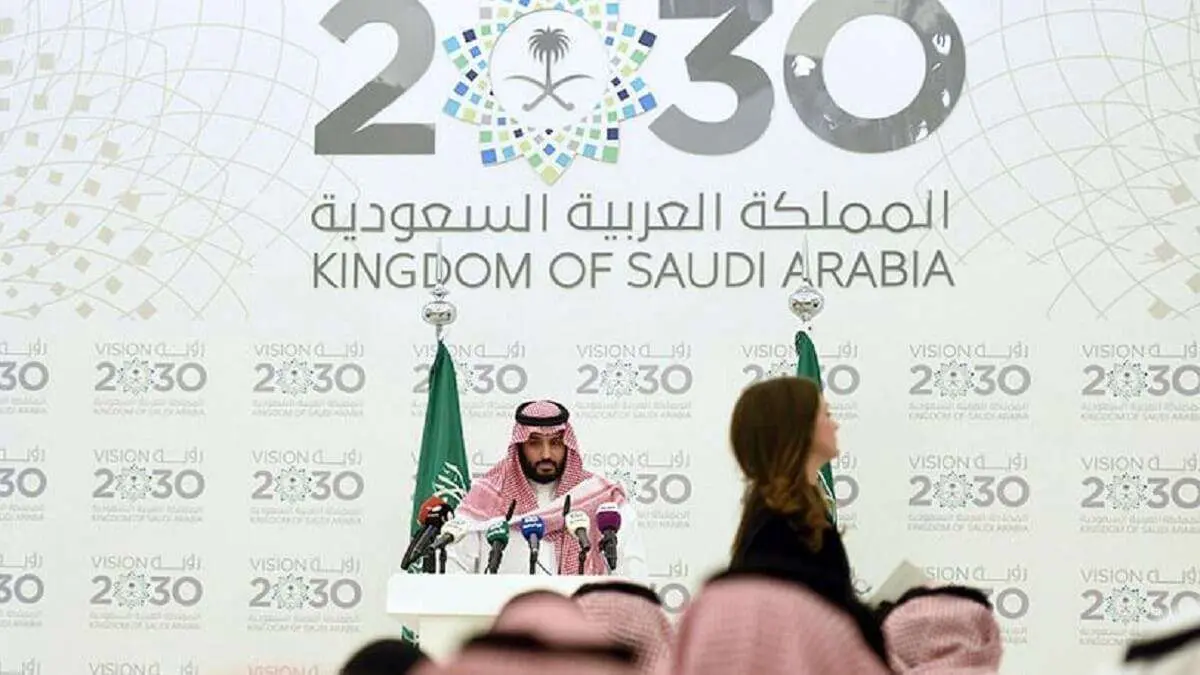Saudi Arabia exceeds growth expectations and exceeds its 2030 targets

On 25 April 2016, Crown Prince Mohammed bin Salman inaugurated the Kingdom's Vision 2030, an ambitious programme to diversify the economy and improve government and the quality of life of its citizens. The programme is proving to be a success and is already achieving its 2030 goals.
Its objectives are not only economic, but also have a social component. In its 2016 programme, the Saudi kingdom wanted to cover the basic needs of its citizens, such as housing and health. Thus, there has been a notable improvement in the health system and access to housing has been facilitated. Through financing for families, the home ownership rate increased from 47% in 2016 to 60% in just 4 years. Consequently, the number of property loans increased from 22,000 in 2016 to 295,000 in 2020, leading to a growth in new property contracts to levels never before achieved in the housing sector.
Improvements at the social level have also occurred in the employment and education of Saudis. The report shows that the percentage of university graduates entering the labour market within six months of graduation reached 32% compared to a projected 13.3%.

The new job opportunities created in the country resulted in a significant decrease in the unemployment rate among the local population reaching 8% by the end of 2022, compared to 11% in 2021.
Despite the complex economic conditions and challenges experienced around the world following the pandemic and the war in Ukraine, in 2022, the Kingdom's economy consistently outperformed the International Monetary Fund's expectations and was ranked as the fastest growing economy in the world. The Saudi kingdom recorded a GDP growth rate of 8.7 per cent compared to 2021, reflecting the highest growth rate among G20 countries and the highest domestic growth rate since 2011. According to the report, the Kingdom also exceeded its targets for the share of non-oil exports in GDP by 6.3 percentage points.
Lending to small and medium-sized enterprises exceeded the 2 per cent benchmark target last year by reaching 8 per cent.

Improvements in the labour market were also targeted in Vision 2030 to increase the number of working women. Thus, the participation of women in the labour market has doubled in 7 years to 34.5% of the total number of people employed in the country.
On the other hand, the country is experiencing a tourism boom. The Kingdom is witnessing a remarkable boom in tourism, as the sector grew by 121% in 2022, making it the fastest growing destination in the G20, compared to the global average before COVID-19.
Saudi Arabia had 94 million tourists in 2022, of which 16.5 million were from abroad, while 77.6 million were residents. Up to 909,000 direct jobs were created in the tourism sector, exceeding the 2022 target of 617,000 by 139%.
نمو اقتصادي غير مسبوق، وتواصل أكبر مع العالم، وبيئة أكثر استدامة، وواقع مليء بالفرص لشباب المملكة الطموح والمبدع.. مسيرة إنجازات يرصدها التقرير السنوي لـ #رؤية_السعودية_2030 لعام 2022.
— رؤية السعودية 2030 (@SaudiVision2030) April 25, 2023
Crown Prince Mohammed bin Salman also included environmental policies in the programme. Thus, the Environment Fund was created to contribute to the financial sustainability of the environmental sector. Under this plan, Saudi Arabia has managed to plant 12 million trees.
In addition, new national parks have been created and 921 endangered wildlife species have been saved in national parks and reserves.
In the water sector, desalinated water production capacity has grown by 35% in 5 years, thanks in part to the opening of the world's largest floating desalination plant. In addition, access to drinking water services was provided to more than one million people by 2022, improving the quality of life of the Saudi population and the long-term sustainable development of the new services that the Kingdom is providing to its population.








